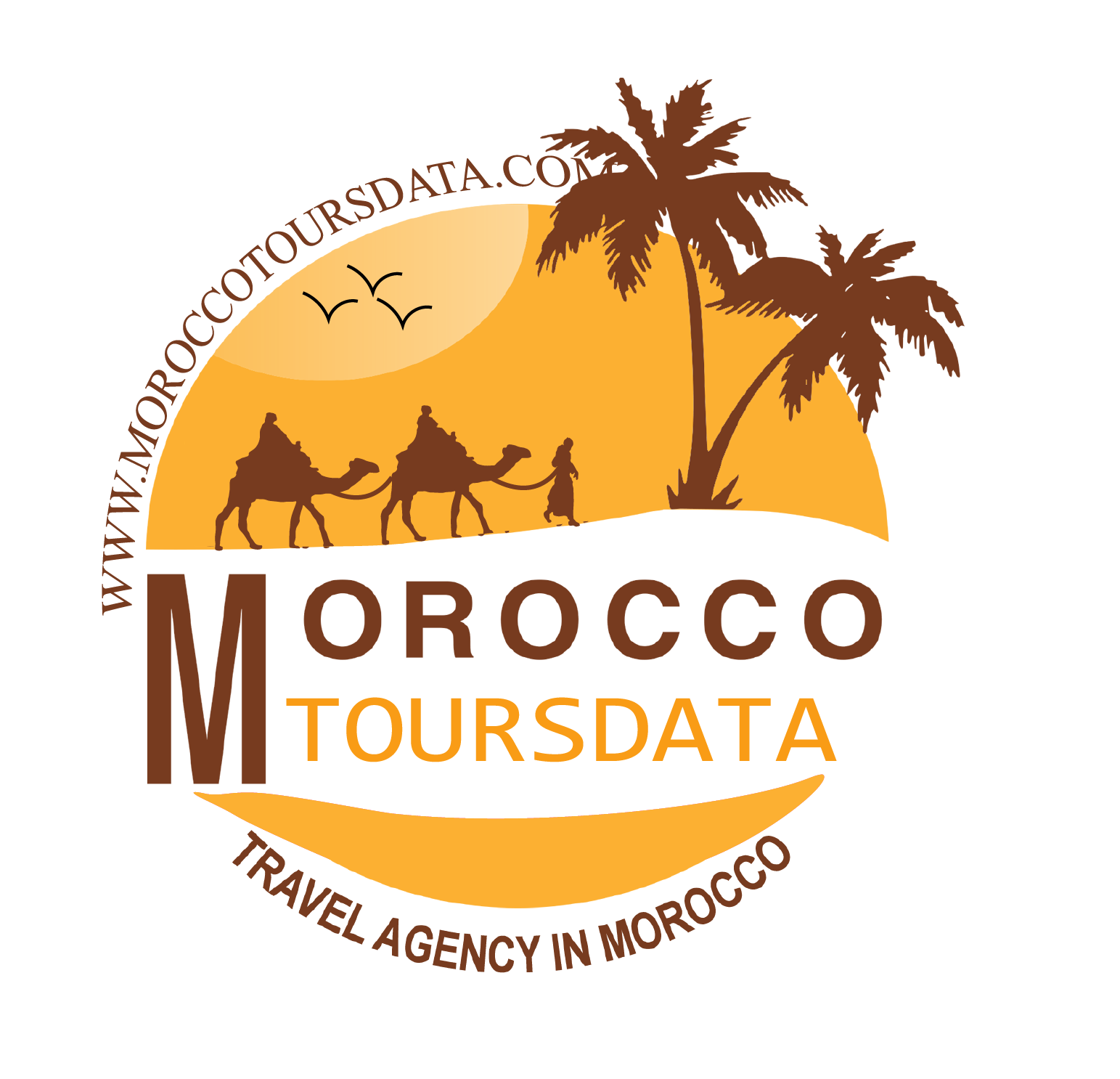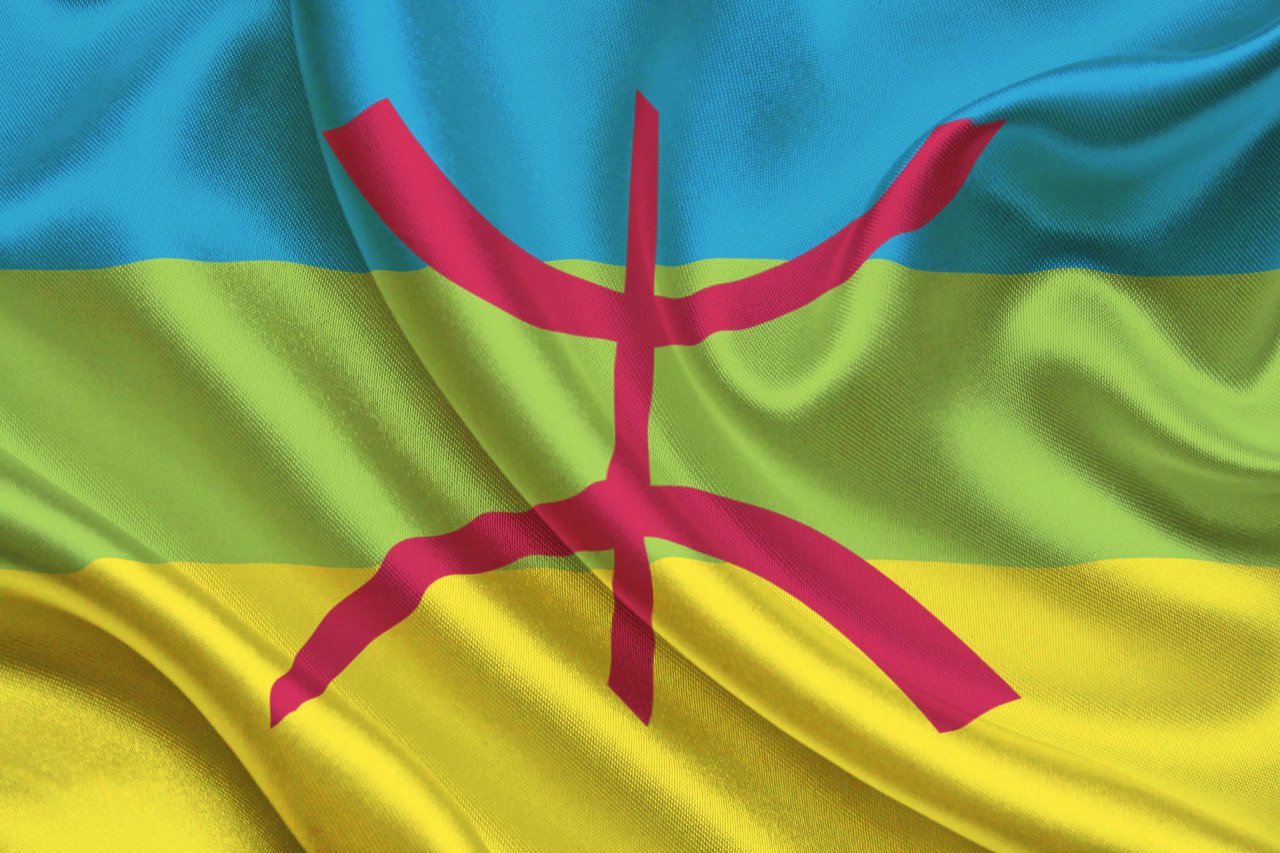
- On Aug. 1, 2023, 11:50 p.m.
Culture & Traditions of Moroccan Berbers
The Rich Culture and Traditions of Moroccan Berbers
The Berbers, also known as Amazigh, are the majority of the people and the basis of the country's rich cultural heritage. And as one of the indigenous communities in North Africa, some of them are Arabized ideologically and linguistically (the Berbers do not speak, especially in the big cities) without awareness, the Berbers have preserved their unique customs and traditions for thousands of years. In this article, we embark on a captivating journey exploring the fascinating history, lifestyle, and enduring customs of the Berber people of Morocco.
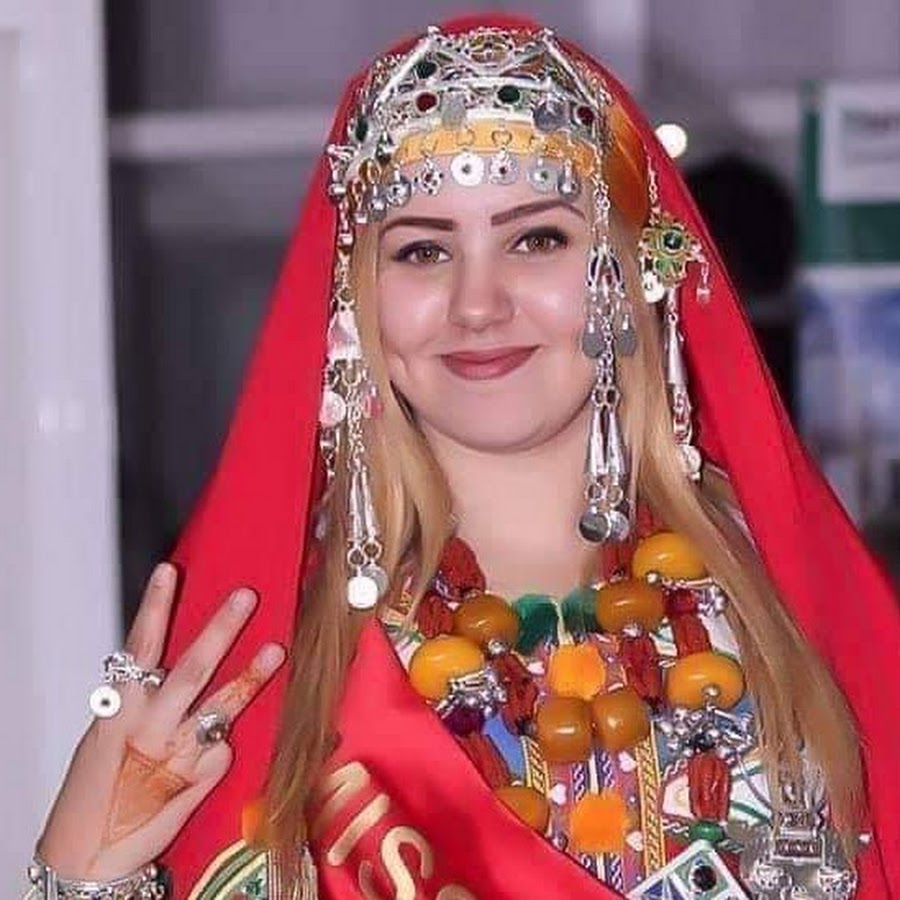
Origins and Language
The Berber people are the indigenous people of North Africa (West Egypt - Libya - Tunisia - Algeria - Morocco - Mauritania - Las Palmas), with roots dating back to ancient times. Their language, Tamazight, is one of the oldest in the world and is still spoken by millions today. It is characterized by a beautiful melodic voice and a complex text that has managed to withstand the tide of time, despite external influences across centuries.
Lifestyle and society
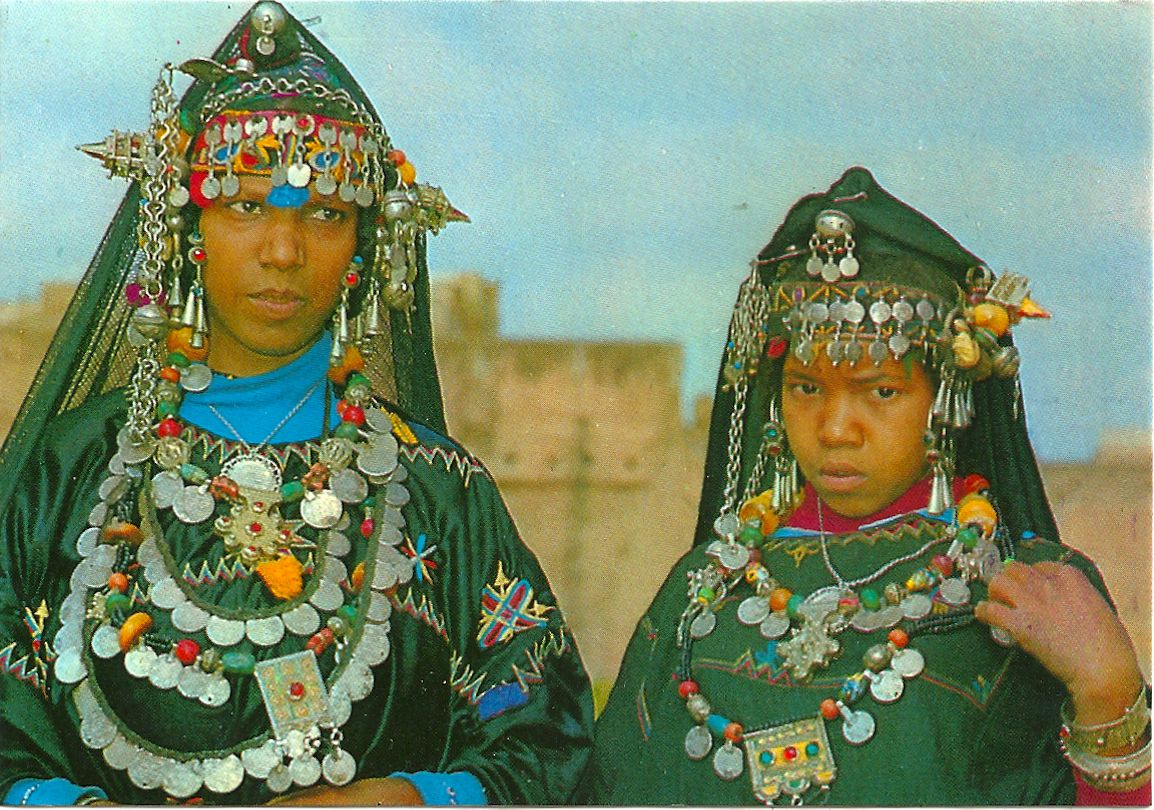
Berber communities are often found in the rural mountainous and desert regions of Morocco, where they have thrived over generations. Their lifestyle revolves around farming, animal husbandry and traditional handicrafts. Close-knit family structures and a strong sense of community lie at the heart of Berber life, fostering a deep sense of belonging and unity.
Berber Villages and Architecture
When you venture into the Atlas Mountains or the Rif Mountains, you'll encounter picturesque Berber villages that seem frozen in time. The architecture is distinctive, featuring earthen houses built with a mixture of stone, mud and thatch, blending harmoniously into the natural surroundings. Visiting these villages provides a glimpse into the ancient past and human coexistence with nature. Also, do not forget that the architecture of ancient and historical cities is one of their creations
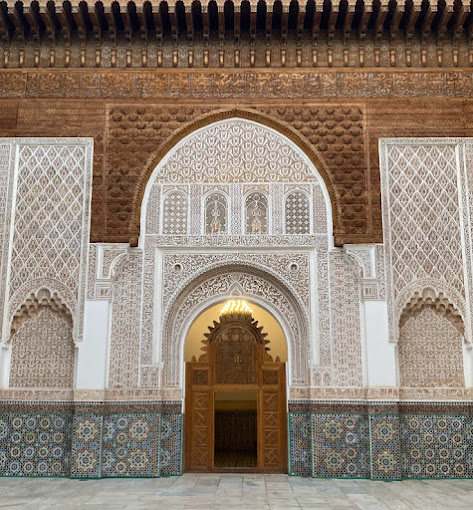
Deep-rooted Traditions
The Amazigh people have upheld their time-honored traditions, which are often celebrated through colorful festivals and ceremonies. Music and dance play an integral role in their cultural expression, with rhythmic drumming and traditional instruments filling the air with joy and festivity. During these occasions, you'll witness the donning of vibrant traditional attire, reflecting the pride the Berbers have in their cultural identity.
Cuisine and Culinary Delights
Food is a cornerstone of Amazigh culture, and their cuisine is a true reflection of their resourceful nature. Using locally sourced ingredients, Berber dishes burst with flavors and aromas. The Couscous...and the tagine, a slow-cooked stew, is a culinary masterpiece that has become synonymous with Moroccan cuisine. Hospitality is paramount in Berber households, and visitors are welcomed with open arms to taste these delectable delights.
Artisanal Crafts and Skills

Berber craftsmanship is renowned for its intricacy and attention to detail. Skilled artisans create an array of handcrafted products, including Berber rugs, silver jewelry, pottery, and carved wooden artifacts. Each piece is a testament to the Amazigh people's artistic talents and serves as a tangible link to their cultural heritage.
Preserving the Amazigh heritage
With Morocco modernized and affected by globalization, preserving Berber heritage becomes more important than ever. Initiatives to protect their language, traditions and way of life are gaining momentum, ensuring that future generations will continue to be proud of their roots.
Conclusion
The Berber people of Morocco stand as guardians of an ancient legacy, gracefully passing down their customs and heritage through the ages. Their deep connection with nature, vibrant festivals, warm hospitality, and skilled craftsmanship make them an integral part of Morocco's identity. Embracing the Berber culture offers an enriching experience, one that allows us to learn from the past and celebrate the beauty of diversity in this ever-changing world.
- On Aug. 1, 2023, 11:50 p.m.
